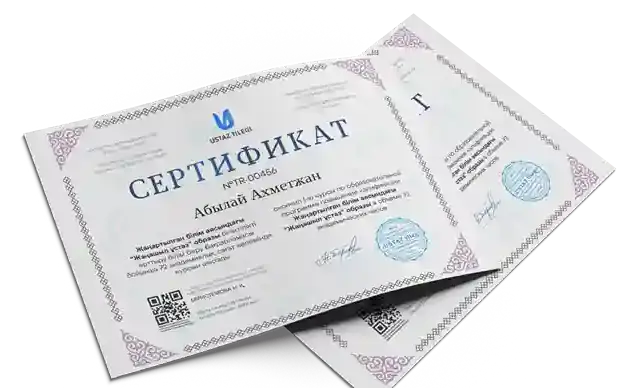|
II Introducing with the new
words.
1) throw away 8)
destruction
2) punish 9)
fume
3) recycle 10)
dump
4) destroy 11)
waste
5) burn 12)
petrol
6) poisons 13) acid
rain
7) water pollution 14) air
pollution
Students make short
sentences with the new words.
Example: 1) In summer
petrol fumes and pollute the
air.
2) Water pollution and air
pollution is a community
problem.
Descriptor
Students make sentences using
new words.
Task 3. Showing the
video.
After showing the video
teacher elicit the students'
answers.
Task 4. Fill in the
sentences.
Descriptor:
Fill in the
sentences.
Pollution, most serious,
destruction, environmental, dangerous, poisoned, dump.
1. There are a lot of … problems nowadays.
2. Air pollution is one of the … ecological problems.
3. Many lakes, rivers and seas are … nowadays.
4. Rivers will be polluted, if people... waste into them.
5.... of rainforests is one of them.
6. Too many cars... for people in towns and cities.
7. Many cars and buses cause air
….
Relaxing time. Students
dance ''Macarena''
Task
5
Descriptor:
Match
the sentences A with B
1) Жить в
условиях города - F) Leave
their habitats
2) Решать
проблемы окружающей среды -
G) Nuclear
- poisoned
fish
3) Красота сельского ландшафта -
A) Life in a town
environment
4) Промышленные и ядерные отходы -
B) To solve the environmental
problems
5)
Использовать в качестве мусорной свалки -
C) Countryside
beauty
6)
Оставлять свои места обитания -
E) To be used for
dumping
7) Рыба,
подвергшаяся радиационному заражению - D) Industrial
and nuclear
waste
Correct answers: 1 - A; 2 -
B; 3 - C; 4 - D; 5 - E; 6 - F; 7 -
G.
Task
6
Project
Poster.
Teacher: to cover our topic,
you have to go to the board and explain the cause of water
pollution and air pollution using pictures. Who wishes, please come
out.
Task
7
Descriptor
Translate the sentences
into English
1)
Компании, сбрасывающие тонны
химикатов в реку, должны быть наказаны.
The companies which dump
tons of chemicals in the river should be
punished.
2)
Выхлопные газы автомобилей, дым заводов и фабрик загрязняют
окружающую среду.
Exhaust gases from cars,
smoke from factories pollute the
environment.
3) Мы
должны сохранить газеты и журналы. Они могут быть переработаны.
We should save newspapers
and magazines. They may
be recycled.
4) Если мы
не будем бороться с загрязнением окружающей среды, то будет слишком
поздно.
If we don’t fight pollution
of the environment, it’ll be too
late.
5) Многие
реки и озёра загрязнены и не можем использовать для
питья.
Many rivers and lakes are
polluted and cannot be used for
drinking.
|








